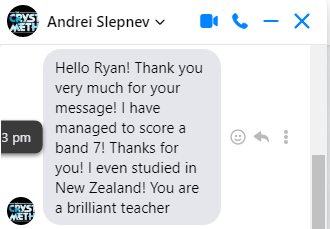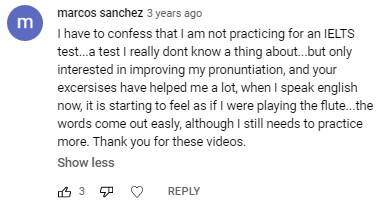
Free sample lesson (audio and video):
Listen to the sample without the pauses:
Full version lesson:
Transcript
Describe an event that made you happy. You should say
- what the event was
- when it happened
- where it happened
and explain why it made you happy
One of the happiest moments in my life was when my spouse and I had our offer accepted on our first home.
This happened quite recently, in early 2025 actually. For months, we had been searching for the perfect place. We went to open houses and made offers, but we were outbid multiple times. The process was quite stressful, and we were starting to feel discouraged. However, one day, we found a house in our hometown that ticked all the boxes—it was in a great location, had enough space for our growing family, and was within our budget. We put in an offer and anxiously waited for the seller’s response.
The moment we got the call confirming that our offer had been accepted, we were over the moon. We were at home at the time when the good news came through. We both felt an overwhelming sense of relief and joy. It was a life-changing event because it marked a new chapter for us—a place to truly call our own!
What made this moment even more special was that we had achieved a dream we had worked so hard for. Having a permanent home gave us a profound sense of stability, and I would say this is why the event brought me so much happiness.




